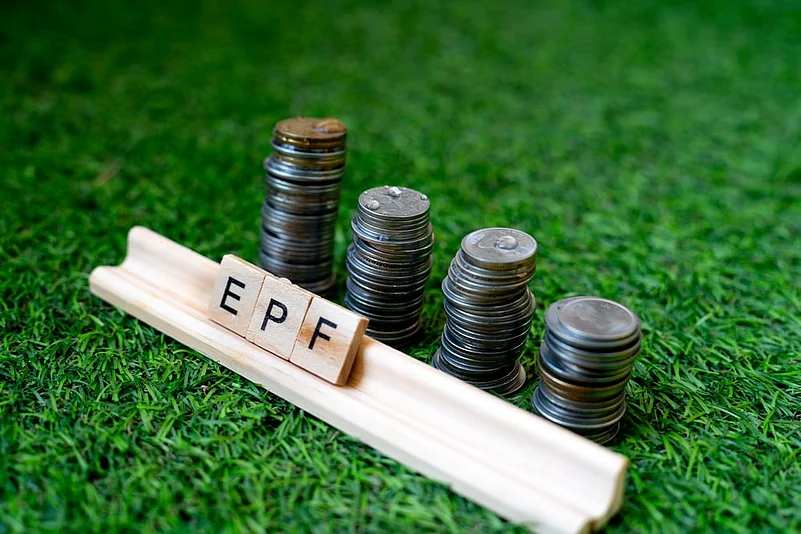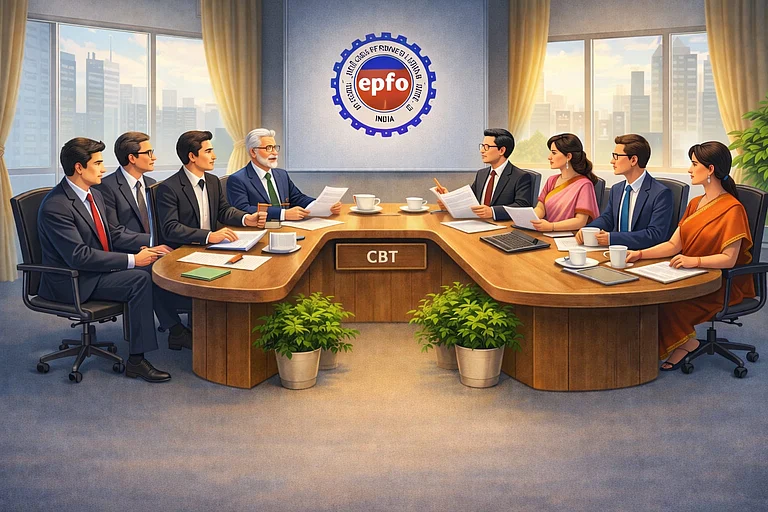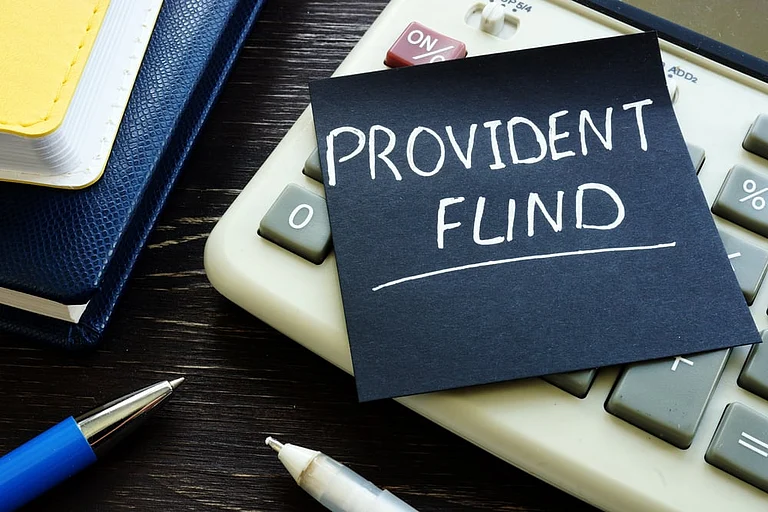In the series of reforms in the EPFO and to reduce operational delays, the Employees’ Provident Fund Organisation (EPFO) permitted employers to make past dues payments through demand draft. As per the rule, employers deduct the EPF from employees’ salaries and remit it to the EPFO through their bank. This is done online, where employees are required to fill out an Electronic Challan-cum-Return (ECR). However, if an employer faces an issue and cannot fill out ECR and make payment, the amount becomes overdue, resulting in penalties and grievances.
EPFO referred to such issues in the circular where its field offices sought guidance for cases where employers are not able to remit the past dues in respect of the beneficiary employees through ECR but have agreed to pay the said dues through a demand draft.
According to the EPFO circular dated April 4, 2025, “The matter has been examined, and although the filing of the ECR and remittance of dues through internet banking should be the preferred mode of remittance, not allowing the employer to remit the employee contribution deducted from the employees’ wages and employer contribution should be avoided”.
Through the circular, EPFO permitted employers to make the payment through a demand draft if it is a one-time payment of the past dues.
The circular reads, “It is therefore clarified that where the Officer-in-Charge of the Region is satisfied that such request is for a one-time payment of past dues and the employer is not seeking a mode other than the internet banking for the payment of future remittances, he may collect the dues in the manner as is practised for recovery of any demand in arrear, i.e., through a Demand Draft in the name of RPFC-in-Charge of the Region and payable at the bank branch where the Regional Office concerned holds a bank account”.
On the delays, it ascertains the recovery, saying, “The corresponding Damages and Interest payable by the employer should be timely determined and collected from the employer in the manner already specified in the Compliance Manual”.
What Is The Process Of EPF Transfer?
Employers are required to deduct contributions from employee wages before making the payment and subsequently submit the payments to the Regional PF Commissioner.
What If The Employer Does Not Deposit The Contribution
In case, an employer deducts the EPF but does not submit it to the EPFO, the employee can complain against the employer.
“In such a case, a complaint against the employer may be lodged with the EPFO on its official website, along with a copy of the wage/salary slip indicating the EPF deduction from the wage/salary. The statutory penal provisions of the Act shall be invoked against the establishment/employer to recover the dues from the employer. A complaint can also be lodged with Police under Section 406/409 of IPS by any person for institution of criminal proceedings”, reads the EPF website.
The one-time payment through demand draft is expected to reduce the delayed payment and related grievances of EPF members.

















